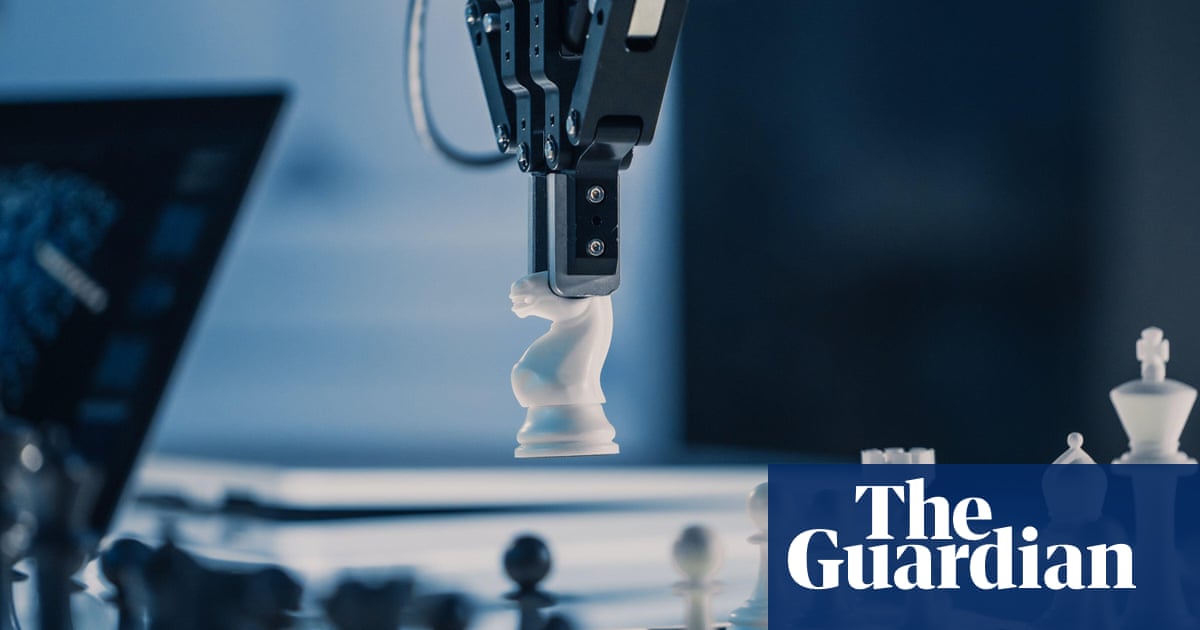- Joined
- Sep 30, 2019
- Messages
- 52,546
- Reaction score
- 78,744
- Gender
- Male
- Political Leaning
- Liberal
Let's assume Adam Dorr is correct. This has enormous implications for society, particularly younger people who may find they graduate just in time to see their career path doesn't exist.
Is the solution universal basic income? After all the wealth is still being created but is monopolized by the robots instead of people.

 www.theguardian.com
www.theguardian.com
Is the solution universal basic income? After all the wealth is still being created but is monopolized by the robots instead of people.
If Adam Dorr is correct, robots and artificial intelligence will dominate the global economy within a generation and put virtually the entire human race out of a job. The social scientist doubles up as a futurist and has a stark vision of the scale, speed and unstoppability of a technological transformation that he says will replace virtually all human labour within 20 years.

Futurist Adam Dorr on how robots will take our jobs: ‘We don’t have long to get ready – it’s going to be tumultuous’
Researcher says tech could replace nearly all human labour within 20 years and societies urgently need to prepare

